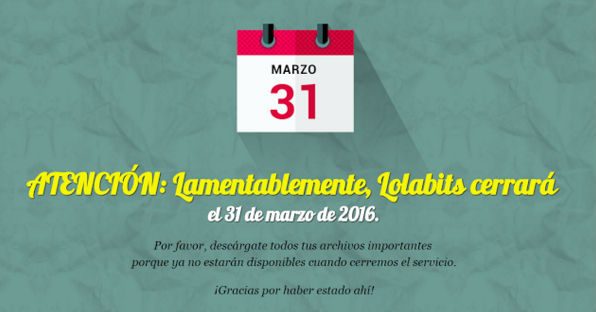SUMMARY
This is AI generated summarization, which may have errors. For context, always refer to the full article.

MANILA, Philippines – Kickass Torrents (KAT), one of the biggest BitTorrent distribution websites in the world, abruptly stopped operations last month after its alleged owner, 30-year-old Artem Vaulin, was arrested and charged with copyright infringement. He has been accused of distributing over $1 billion of pirated material since the site started in 2008. Sometime after that, Torrentz.eu, a torrent search engine that pulled results from sites such as KAT, also seemed to have disappeared from the internet.
These were two big crackdowns delivered in less than a month. Does this mean that piracy is losing control? Or are privacy laws getting more stringent?
How Google fights piracy
Google, the world’s biggest online search engine, has recently updated its annual report on anti-piracy, which contains the company’s efforts on protecting creator’s rights, as well as systems that fight online piracy. You can read these updates on Google’s Public Policy Blog.
During a media roundtable at Google’s Philippine office early August, Fred von Lohmann, Legal Director for Copyright at Google said that one of the ways to fight piracy is to give users what they want right away, in the most convenient fashion. For instance, the first thing that pops out on top search results if one googles today’s biggest pop hit should be a legitimate link from Google-owned YouTube. That’s what Google attempts to ensure.
Google has a set of principles to improve content offerings and anti-piracy efforts. Piracy usually begins when the consumer’s demand is not met, and one of Google’s principles is to find better, legitimate alternatives. Today, some of the biggest ones are Netflix, Google Play, and Spotify—services that make it extremely easy for people to access licensed movies, music, and apps for a relatively affordable price. The thinking is that if they can get their desired content at a fair price, people won’t have to resort to content theft.
Another principle is to cut the money supply of websites that specialize in online piracy. One such way that Google says they contribute to this effort is by ejecting them from Google’s ad and payment services. Once profit is out of the equation, piracy rates will most likely drop.
Google subscribes to the “follow the money” process initiated by the French Minister of Culture, which aims to the development of principles designed to starve infringing sites of ads – and hence their income. Shutting ad revenue has proven to be a very effective tool in combating pirates. Google gave an example of the approach in action by citing that in March 2016, three famous file-sharing sites in Europe closed down due to problems in monetizing services through ads.

How content owners are protected online
Google has state-of-the-art tools and algorithms that protect copyright owners.
Take YouTube, for example. Together with content owners, Google uses its “Content ID” system, introduced in 2007, which makes it easy for rights holders to manage their intellectual properties online. Rights holders provide Google with a reference title—like a song or a video clip—and Google takes a fingerprint and compares it against all the videos that get uploaded on the web. If a copyright owner’s content matches a user-uploaded video on YouTube, they have a number of choices: block the content, leave it as it is, or the most popular one—to monetize. Von Lohmann said that today, 90% of the copyright management on YouTube happens through Content ID.
Google Search is one of the most widely used search engine in the world, and the company sees to it that in the over 60 trillion addresses on the web now, they prevent infringing sites from appearing.
One could only imagine how complicated it is to determine every single site that violates copyright, so Google needs the cooperation of the rights holders. They need the owners’ help in determining which are authorized, and which are infringing. Google has an online web form that accepts removal requests from copyright owners. Since 2012, over 70,000 organizations have submitted requests to remove sites from search results for copyright violations, according to Google.
Google’s report says that in 2015 alone, copyright owners requested to have over 558 million pages to be taken down. Ninety-eight percent of these were removed upon review.
The end of piracy?
A Google report cited a September 2015 study by Sandvine – a Canada-based network equipment company – saying that bandwidth used for torrenting has fallen, and that the overall internet bandwidth for legitimate videos has grown.
But pirate sites remain strong. Pirate Bay, for example, relaunched just after two months after its data center was seized by Swedish authorities in 2015. If one is to follow this pattern, sites like KAT or Torrentz will most likely resurrect soon, or at least have smaller mirror sites that will pick up where they left off. It goes without saying that this battle will most likely go on for many years, and that more work needs to be done.
Law enforcement and a company like Google, however, know that search engines cannot control the content online – there’s over a trillion of them, and more continue to surface every day – but they will continue to be vigilant and work with content creators to help them get audience and generate revenue.
A tech giant like Google is a crucial ally in the efforts to continually drive piracy down. – Rappler.com
Add a comment
How does this make you feel?
There are no comments yet. Add your comment to start the conversation.